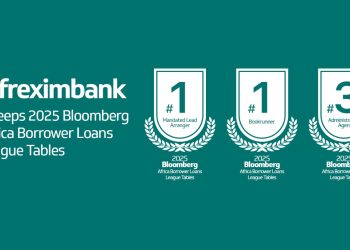As stakeholders continue to evolve political strategies that will strengthen democratic institutions in the country, several non-governmental organizations are in agreement that most Local Government (LG) elections fall short of electoral integrity and can best be described as a travesty of democracy.
Recall that on July 11, 2024, the Supreme Court ruled that the federal government should not release local government allocations to states that have no democratically elected leaders at the local government including councils governed by caretaker committees appointed by governors. The court also ordered that allocations to the local governments should be paid directly to the local council treasury.
Since the pronouncement, many states hurriedly started conducting local government elections.
Commenting on outcomes of recent local government elections, The Executive Director of Yiaga Africa Samson Itodo, who spoke during a dialogue on local governance reforms, one year after the court’s judgment, convened by Agora Policy at the Shehu Musa Yar’Adua Centre in Abuja on Tuesday, said that the electoral results were manipulated in favour of the party in power.
He lamented that LG elections conducted after the supreme court’s landmark ruling on LG autonomy were a “travesty” of electoral democracy.
Itodo recalled that only 14 states had elected local councils before the court verdict, noting that the judgment triggered a rush by the remaining states to conduct LG elections.
“In fact, in 2024, we classified October as the super month of local government elections in the country because all the states rushed to conduct elections,” Itodo said.
“But the question is not in the conduct of the elections, it’s the quality of the polls. And as of last year, and after the Lagos elections, we concluded that all those elections were a travesty of electoral democracy, and they don’t meet the electoral integrity test.
“What we saw was the allocation of votes in most of those elections. That is, states and their officials would sit and allocate votes. And in most of the states, the ruling party swept all the seats.”
Also speaking at the event, Bello Yandaki, national president of the Association of Local Governments of Nigeria (ALGON), said the court ruling has improved fiscal scrutiny at the local level.
According to him, many local government chairpersons are now subject to investigations by anti-corruption agencies such as the Economic and Financial Crimes Commission (EFCC) and the Independent Corrupt Practices and Other Related Offences Commission (ICPC).









